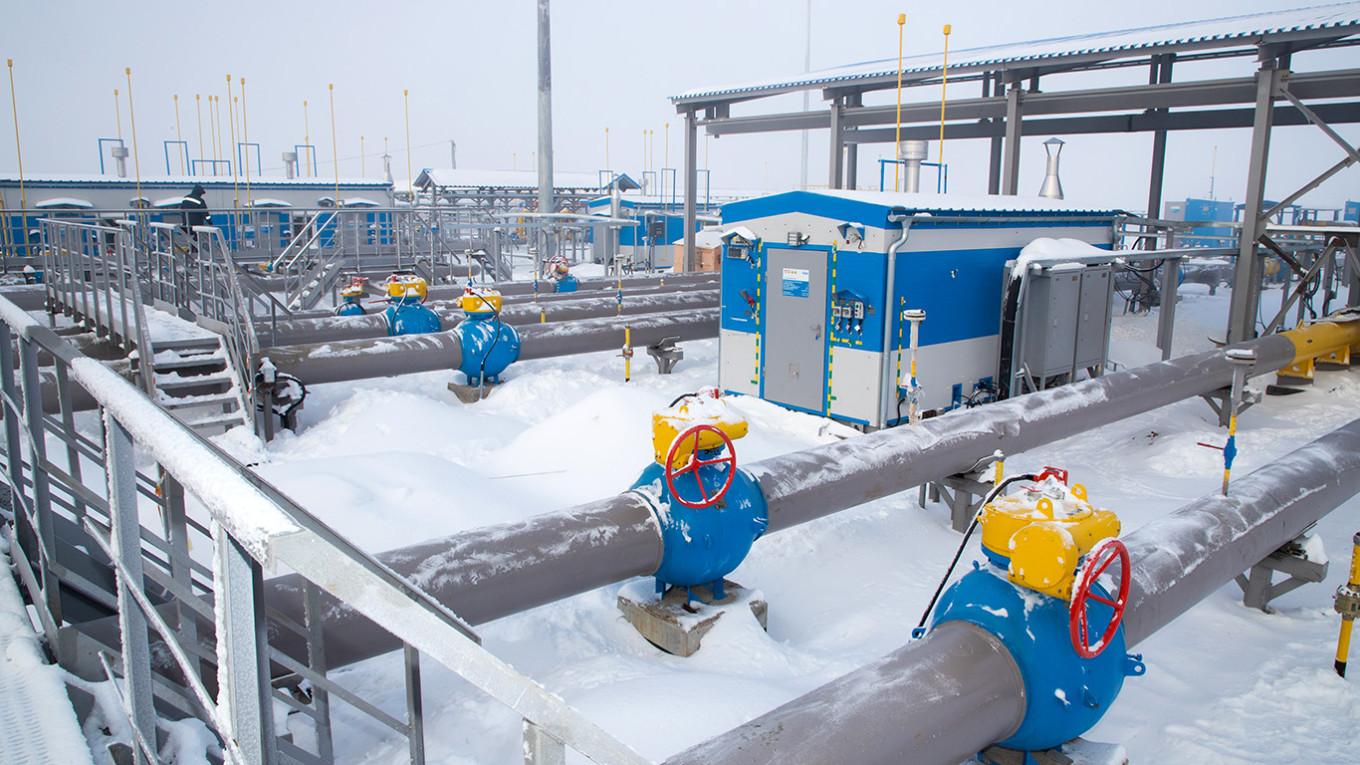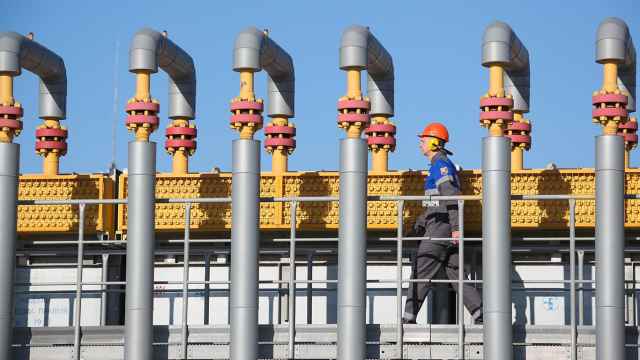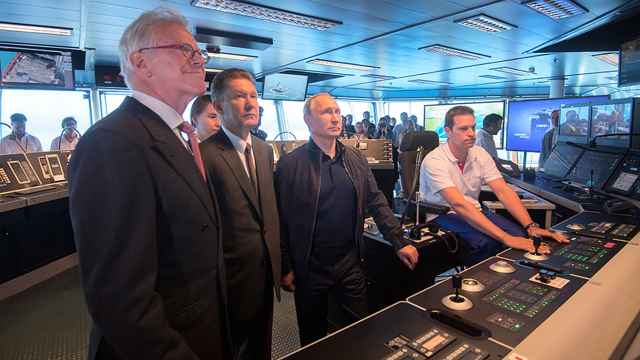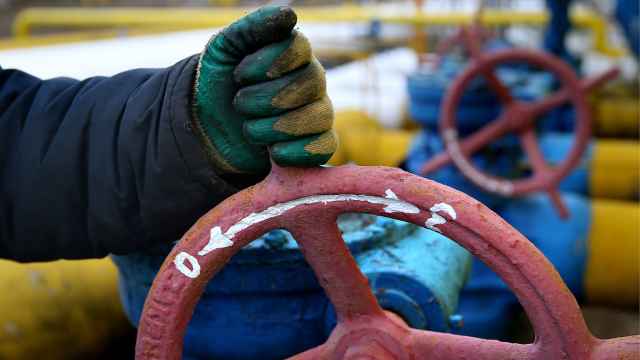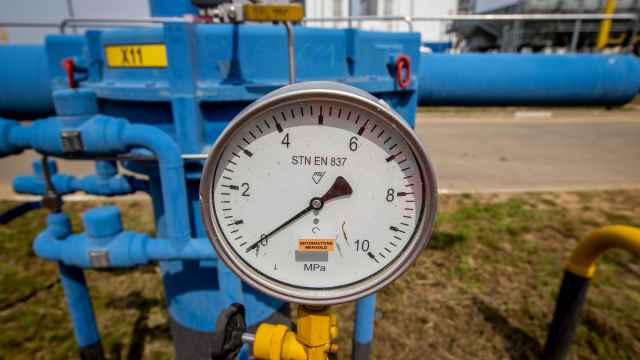The end of Russian natural gas transit through Ukraine as the clock turned to 2025, marks a milestone in Europe’s energy history. It symbolizes efforts to sever ties with Russian fossil fuels amidst the geopolitical upheaval caused by Moscow’s invasion of Ukraine in 2022.
But that could change amid news that Europe is weighing up whether resuming gas transit through Ukraine should form part of peace negotiations with Russia.
Beyond the symbolism, the halt in gas flows via Ukraine may have a less lasting impact than anticipated. Economic pragmatism, structural energy challenges and the convenience of existing infrastructure suggest that a partial resumption of Russian gas exports to Europe could be on the horizon despite the prevailing rhetoric of energy independence and the lessons of Russian energy blackmail.
For decades, Russian natural gas was central to Europe’s energy strategy. The Ukraine transit route, originating in the Soviet era, carried the lion’s share of these supplies, helping maintain economic stability — especially by providing Germany with the cheap energy it needed to become an industrial powerhouse.
However, this also gave Moscow significant leverage over European decision-making. This came to a head in 2022, as Russia threatened the European Union over its support for Ukraine following the invasion and sanctions regime.
That year, the bloc shifted away from dependence on Russian gas as the war exposed the dangers of reliance on an aggressive state actor. The EU implemented ambitious policies to diversify its energy mix, expanding LNG imports and strengthening renewable infrastructure. By the time the transit agreement expired, volumes had already dwindled and European countries were relatively well prepared.
The resulting disruption was limited, at least immediately. In anticipation of the cutoff, European nations diversified their sources, investing in LNG infrastructure and securing alternative supplies from Norway, the United States and the Middle East. Despite temporary price volatility, markets remained stable and there were sufficient reserves to meet winter demand.
However, structural challenges remain. Though less vital than in the days when Europe bought Russian gas without a second thought, the Ukraine transit route still accounted for a portion of the westward supply in 2024.
Without it, Europe faces higher costs to secure alternatives, particularly as global LNG markets tighten. Central and Eastern European nations such as Slovakia and Austria are especially vulnerable given their historical dependence on Russian pipeline gas and reluctance to diversify. Even in Germany, far-right- and left-wing parties, such as the Sahra Wagenknecht Alliance, have pushed for a return to cheaper imports.
While Europe has made strides to seek new energy sources, the transition has come at a significant cost. Prices remain higher than in the United States and Asia, eroding the competitiveness of energy-intensive industries. LNG, though viable, is more expensive due to the costs of transportation and turning the gas into a liquid and back again. This price disparity will persist thanks to global shipping risks and the inherent costs of importing LNG from further afield.
These high costs could reignite interest in Russian gas in the future. Existing pipeline infrastructure, including Nord Stream and other routes, remains largely intact, offering a cost-effective way to alleviate Europe’s energy burden. A partial resumption of flows, particularly through Ukraine, could provide economic relief while offering Ukraine much-needed revenues to fund reconstruction. This could even become a point of negotiation between Russia and the West as countries aim to end the war.
Europe’s energy policies are shaped by more than just regional economics. The decision to phase out Russian gas was motivated by the desire to cut Moscow’s war chest off from a vital source of revenue. Nonetheless, the unanimity requirement for EU sanctions makes a complete embargo unlikely. Countries like Hungary continue to receive supplies via Turkey, highlighting the difficulty of achieving a unified stance.
A potential peace agreement between Russia and Ukraine could change the calculus. If the war ends with a negotiated settlement, restoring transit could emerge as a pragmatic solution — and a Russian demand. Such an arrangement could ultimately benefit Ukraine, which relies on transit fees, and Europe, which would gain access to lower-cost energy. However, it also risks replenishing Moscow’s war chest for the future.
History suggests that economic and strategic pragmatism often outweigh symbolic gestures in energy policy. Despite disruptions in 2006 and 2009, Russian gas consistently returned to European markets. After the 2014 annexation of Crimea, reliance expanded, exemplified by the construction of Nord Stream 2. These precedents indicate that while the current situation is unprecedented in scale, a complete decoupling may be difficult to sustain, especially as some will seek to reintroduce Russia into the global community after hostilities cease.
Reports that the EU is deliberating whether to restart Russian pipeline gas imports expose the persistent tensions between energy pragmatism and geopolitical principles. Despite the European Union’s stated commitment to phasing out Russian fossil fuels by 2027, economic pressures have challenged unity on this front. Rising energy costs — particularly in Germany, Hungary and Slovakia — have rekindled discussions over whether easing import restrictions could serve as both financial relief for Europe and a diplomatic tool for a rapprochement with Russia.
While some argue that offering a return to Russian gas could incentivize Moscow to negotiate an end to the war, others warn that any such move would undermine Ukraine and embolden the Kremlin, creating long-term strategic vulnerabilities for the West.
The political fallout from these discussions further highlights the fragmented nature of Europe’s energy policy. While Western European nations weigh the economic benefits of lower-cost imports, Eastern European states, many of whom have borne the brunt of Russian aggression, remain vehemently opposed. The proposed restrictions on Russian LNG, expected to be included in the EU’s next sanctions package, reflect ongoing efforts to close these very loopholes in energy dependence. However, as long as divisions persist within the EU, achieving a coherent, long-term strategy that balances economic imperatives with security considerations will remain a formidable challenge.
The end of Russian gas transit through Ukraine is a symbolic victory for Europe’s energy independence. But it is unlikely to be the final chapter in the continent’s relationship with Russian energy. The challenge as Europe revisits this question will be ensuring that any future engagement with Moscow aligns with Europe’s broader goals of sustainability, security, and sovereignty — as well as an understanding of Russia’s past actions.
The question of Russian gas is not just an economic issue but a test of Europe’s resolve to confront authoritarian aggression while safeguarding its future. European policymakers should be cautious about repeating the mistakes made in the decade before Russia weaponized international energy security.
A Message from The Moscow Times:
Dear readers,
We are facing unprecedented challenges. Russia's Prosecutor General's Office has designated The Moscow Times as an "undesirable" organization, criminalizing our work and putting our staff at risk of prosecution. This follows our earlier unjust labeling as a "foreign agent."
These actions are direct attempts to silence independent journalism in Russia. The authorities claim our work "discredits the decisions of the Russian leadership." We see things differently: we strive to provide accurate, unbiased reporting on Russia.
We, the journalists of The Moscow Times, refuse to be silenced. But to continue our work, we need your help.
Your support, no matter how small, makes a world of difference. If you can, please support us monthly starting from just $2. It's quick to set up, and every contribution makes a significant impact.
By supporting The Moscow Times, you're defending open, independent journalism in the face of repression. Thank you for standing with us.
Remind me later.



